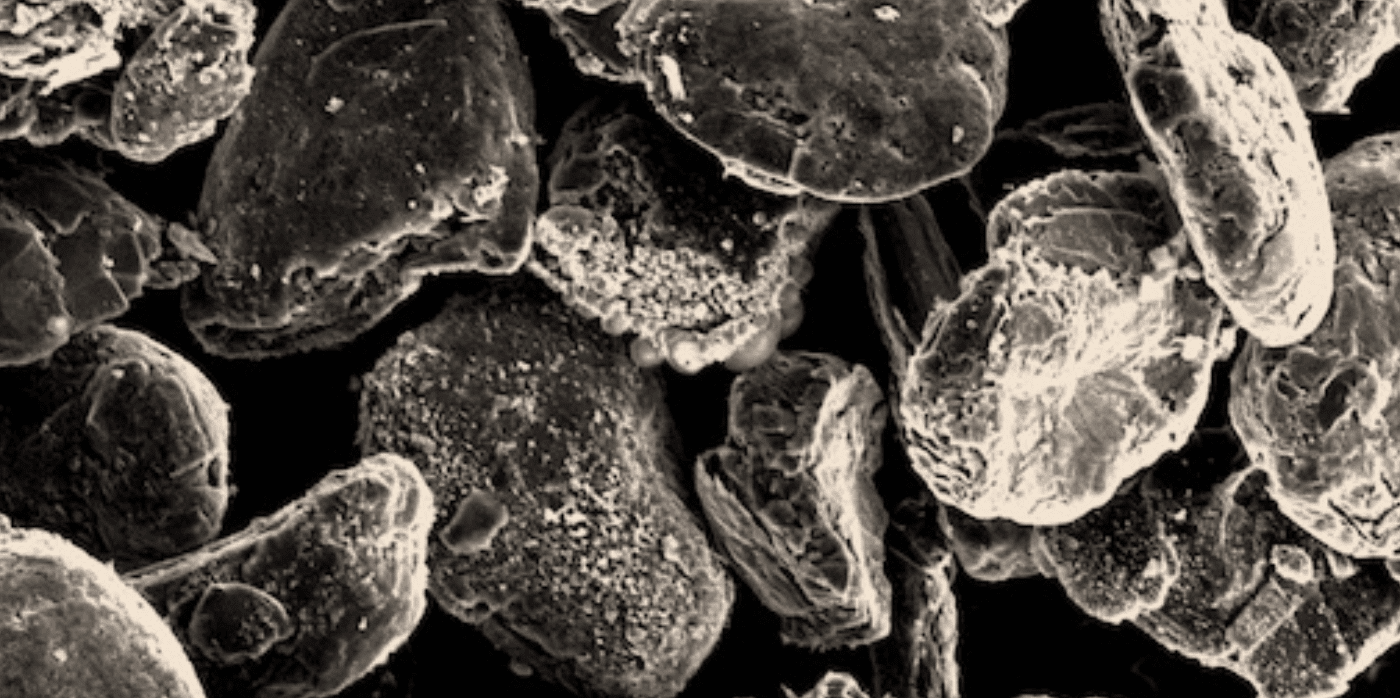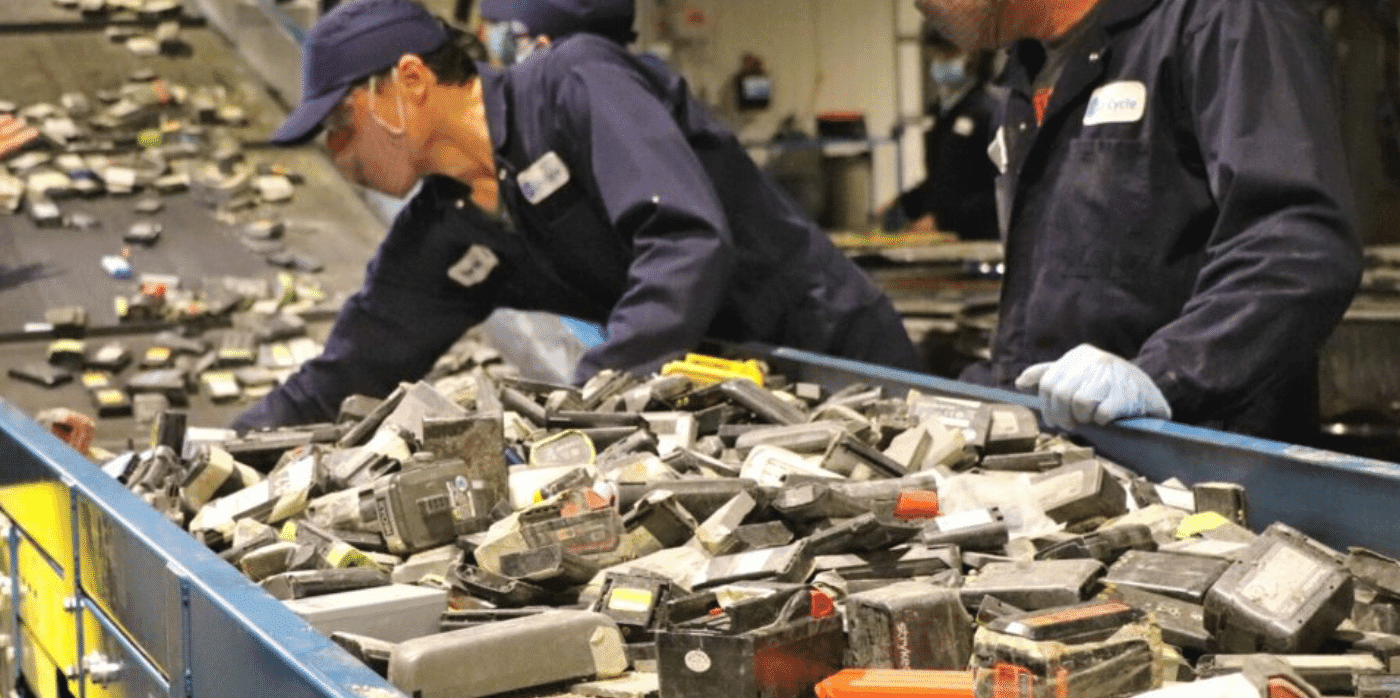A green process for recycling materials from spent lithium-ion batteries

Spotted: Lithium-ion batteries form the basis of today’s electric vehicle (EV) technology, and their production is ramping up rapidly. According to one estimate, the global production of lithium-ion batteries is expected to increase five-fold between 2001 and 2030. But as more batteries are produced, the question of what we will do with the leftover waste becomes more pressing, as currently only a small percentage of used lithium-ion batteries are recycled (5 per cent is an often-quoted, but disputed, figure).
Now, researchers at Rice University have found a way to recycle one of the key components of a lithium-ion battery: the graphite anode. Today, used anodes are either burned for energy or sent to landfill.
Rice researchers developed a process called ‘Flash Joule heating’ back in 2020 to produce graphene, a ‘wonder material’ that can enhance plastics, paint, metals, asphalt, and cement. Now, a team of chemists, led by James Tour and Weiyin Chen, has re-configured the process for use in battery recycling. In the latest iteration of Flash Joule heating, a sudden and powerful jolt of energy, lasting just a few seconds, decomposes inorganic salts, such as lithium, cobalt, nickel, and manganese, found in spent anodes. These can then be recovered using dilute hydrochloric acid and re-used in anodes for new batteries.
The team estimates that it would cost roughly $118 (around €110) to recycle one tonne of untreated anode waste using the new process. And, the researchers estimate that the ‘flashed’ anodes retain 77 per cent of their capacity after 400 recharge cycles.
Springwise has been tracking the development of Flash Joule heating for several years and has previously spotted it being used for recovering metals from electronic waste, and turning plastic from old cars into graphene.
Written By: Matthew Hempstead


